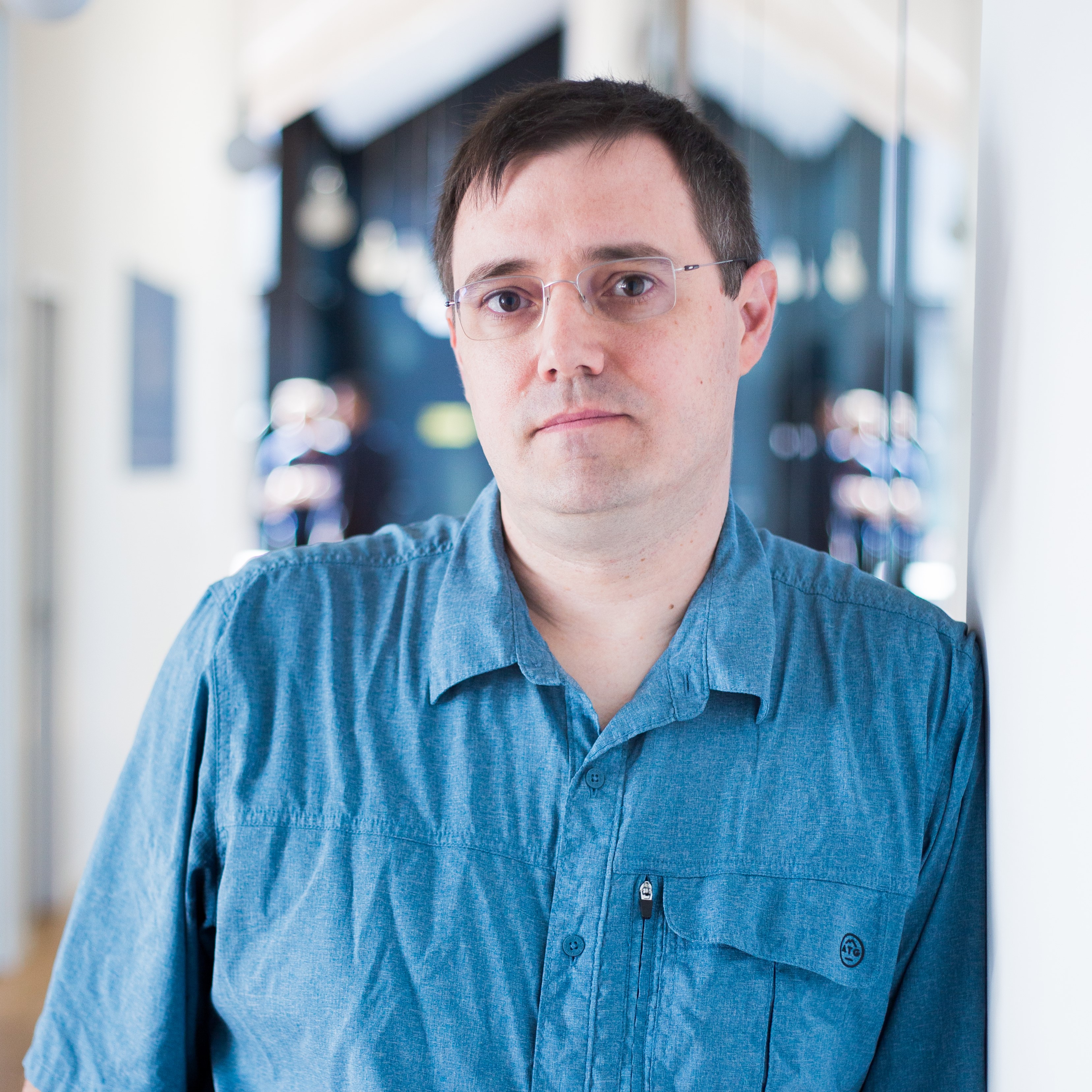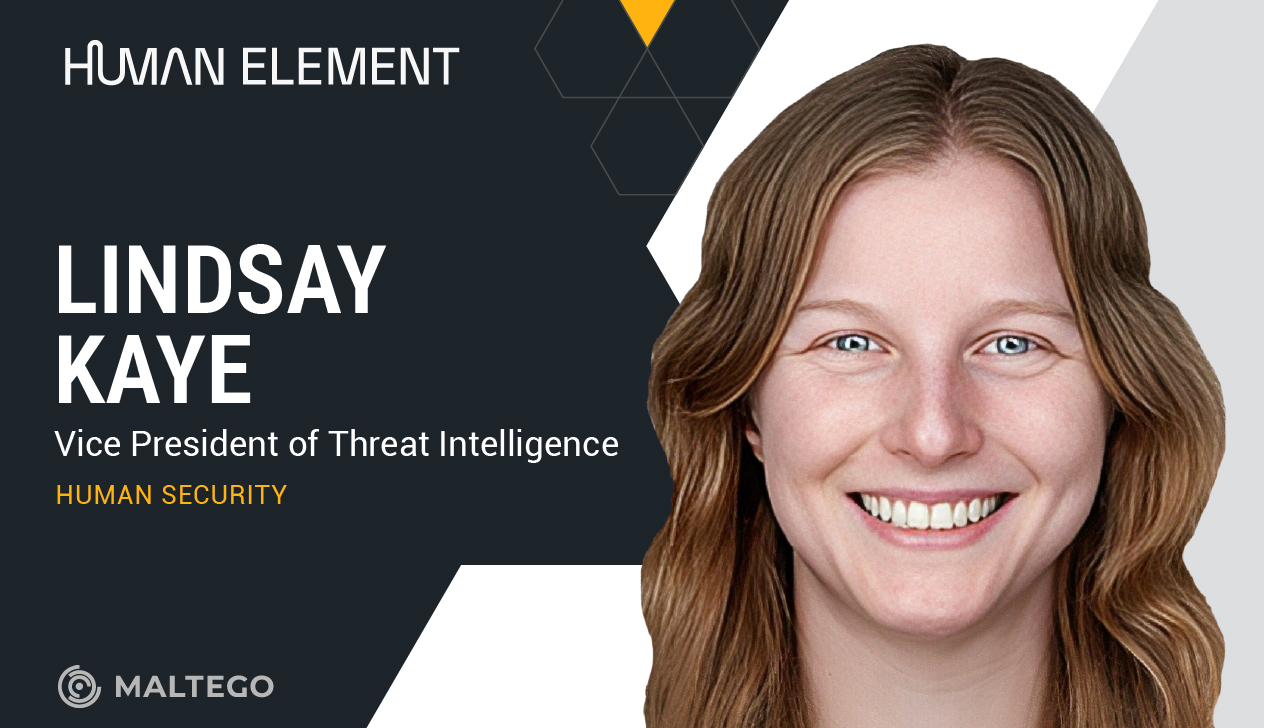03 June 2025
EPISODE #3Trend Micro’s Robert McArdle on Building Trust Across Distributed Investigation Teams
The Story This time
The most effective security leaders don’t abandon their technical foundation when they move into management — they transform it into a strategic advantage while treating leadership itself as a discipline worthy of rigorous investigation.
On this episode of Human Element, Robert McArdle, Director FTR & Cybercrime Research at Trend Micro, tells Ben how applying analytical thinking to human psychology and team dynamics creates more impactful security leadership than traditional management approaches. His teams investigate future threats and operational intelligence across distributed locations, requiring leadership methods that build genuine trust and collaboration without traditional hierarchical proximity.
Robert’s approach centers on leading people to their success rather than positioning himself as the central authority, extending beyond typical coaching to actively helping team members transition beyond his organization when it serves their career growth.
Stories We’re Telling Today
- Treating leadership development as a research discipline enables technical professionals to transition into management roles without sacrificing their analytical strengths.
- The strategic approach to maintaining technical credibility while scaling impact through delegation, including which technical knowledge to retain versus outsource to team members.
- Engineering trust and psychological bonds in distributed security teams through designed experiences that create shared positive memories and laughter.
- Why authentic leadership consistently outperforms attempting to fit predetermined management personas, especially when leading teams of highly skilled technical investigators.
- The Hedgehog Principle framework for developing security professionals by identifying intersections between passion, capability, and business value.
- Debunking the “too small to be targeted” myth and why opportunistic attacks make every organization vulnerable regardless of perceived value or size.
- Building effective team cultures around clear lighthouse vision statements that inspire multi-year commitment while maintaining tactical flexibility.
- Balancing lifelong learning commitment with leadership responsibilities through dedicated daily learning blocks and strategic knowledge consumption.
- Remote team meeting methodologies that prioritize problem-solving over status updates, including agenda sharing and systematic participation management.
Too busy; didn’t listen:
- Robert McArdle treats leadership development like research, applying the same analytical approach to understanding human psychology and team dynamics that he used in technical security roles.
- Delegation was Robert’s biggest leadership challenge, requiring active training to stop jumping in and solving every problem personally while maintaining strategic technical knowledge to amplify team capabilities.
- Building trust in remote security teams requires engineering shared laughter experiences, understanding that positive psychological bonds form through dopamine responses rather than scheduled video calls.
- The “too small to be targeted” security myth ignores that most attacks are opportunistic rather than targeted, making every internet-connected organization vulnerable regardless of size or perceived value.
- Effective security leadership means positioning yourself at the back of the room during team recognition moments, leading people to their success rather than taking center stage for achievements.
Skip to the Highlight of the Episode
15:51-16:18 “People who would say, “But our company is too small to be targeted by attacker X, Y, Z,” or “What do we have that’s worth stealing from.” If you’re thinking that your company is too small and doesn’t have any worth stealing, your company shouldn’t be in business too much longer. Because you are clearly worthless. So everybody has something of value that needs to be defended. And also, criminals don’t really target. In most cases, they’re a lot more opportunistic."
Speaker

Director FTR & Cybercrime Research
Trend Micro
Robert is a Director in Trend Micro’s Forward Looking Threat Research (FTR) and Adversary Intelligence and Monitoring (AIM) teams, where he is involved in analyzing and monitoring the latest cybercrime threats. He specializes in researching the future threat landscape, cyber threat intelligence (CTI), and coordinating investigations with international law enforcement. He also has lectured in Malware Analysis and Cybercrime Investigations on MSc modules at Munster Technological University (MTU) and University College Dublin (UCD).

Host

CTO
Maltego
Listen to more podcast episodes
Want to share your story next? Join Human
Element as our next guest!


